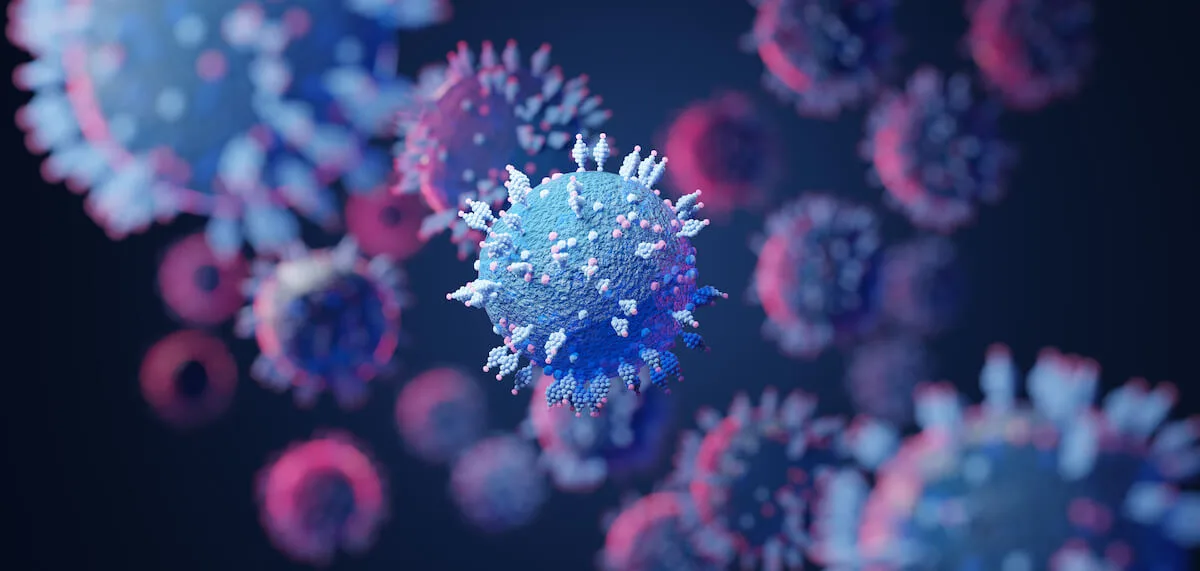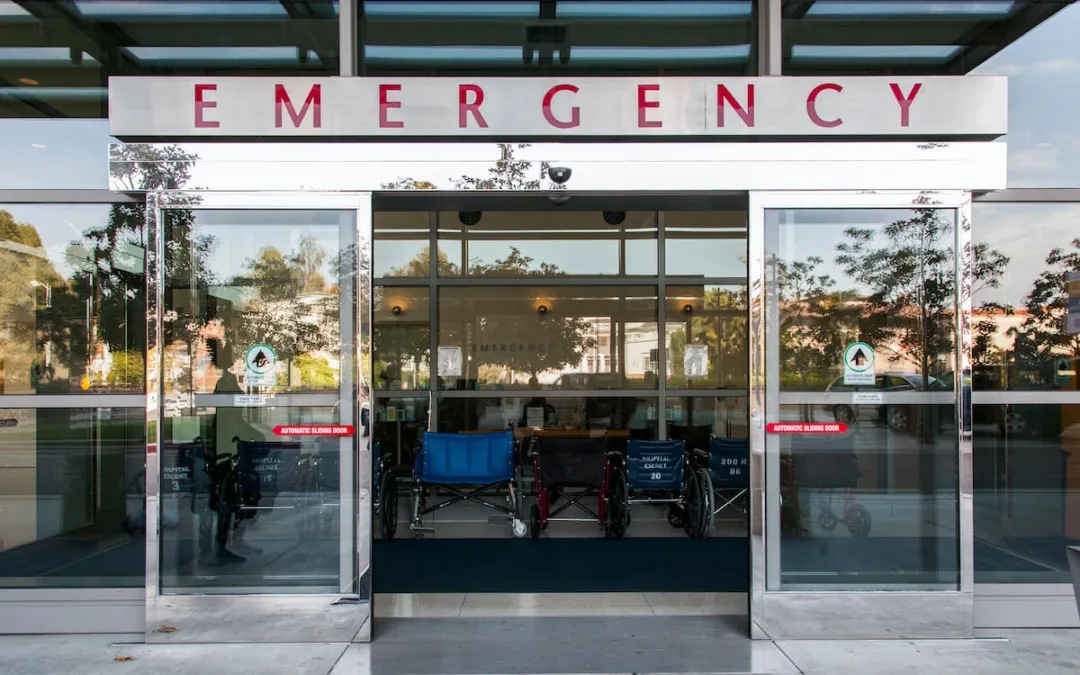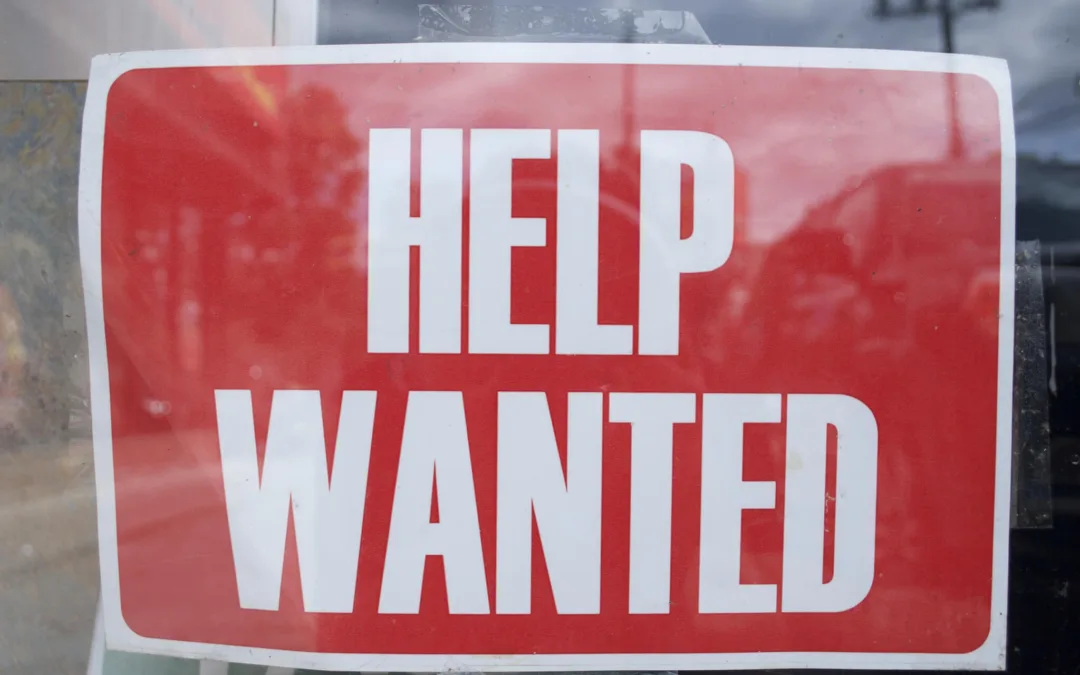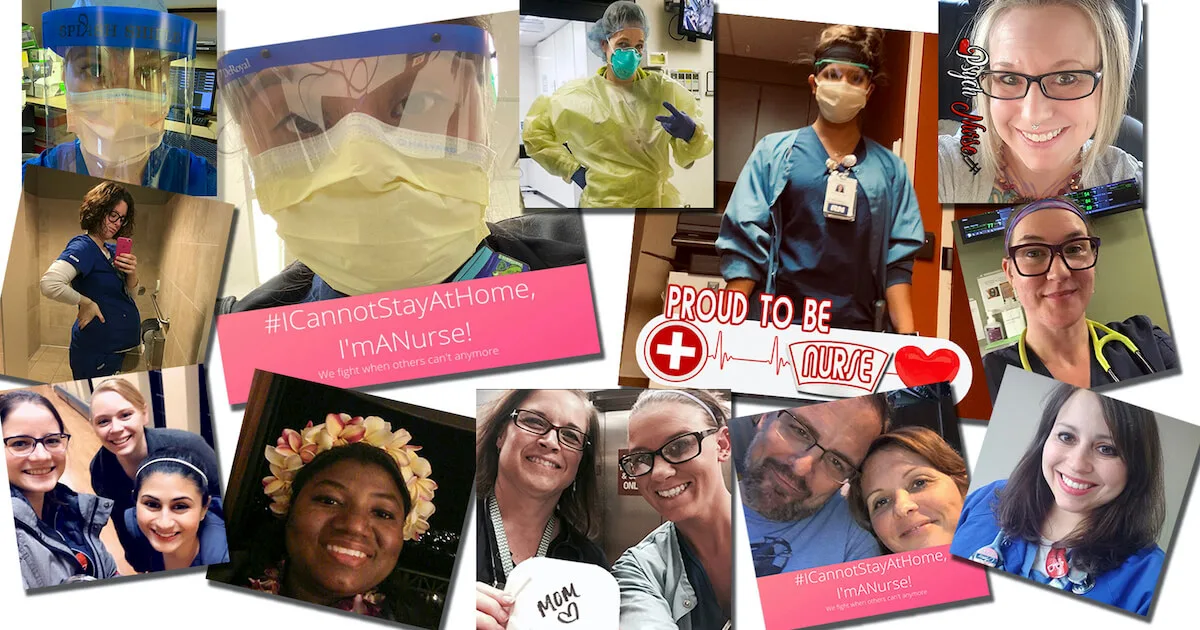
#image_title
#image_title
Feds say there is ‘mass production’ of masks yet shortfalls remain
Jen Mulder has friends who are nurses. When the uptick in COVID-19 cases across Wisconsin began in earnest last week so did the level of concern, anger and frustration she heard from those friends about the lack of masks to protect themselves while treating potentially contagious patients.
“They told me if you can make it, we will take it,” said Mulder, the owner of The Electric Needle in Madison.
By noon Monday, 10 masks had already been picked up by nurses. Sixteen more masks were bagged and ready to go and a box on the side of her store had 12 more masks in it that people had dropped off overnight.
Mulder and many other crafty folks from across the state have joined what has become a national movement to put masks on the faces of healthcare workers at a time when, despite a national emergency declaration by the president, the most basic piece of protective equipment is running in short supply.
In ordinary times, hospitals would never accept cloth, hand-sew masks. But these are not ordinary times.
“Our hope, our first choice, is that the supply chain will be sufficient and we will have the standard disposable masks … but better than nothing is to use any of these alternative sources,” Dr. Ryan Westergaard, the chief medical officer with the Wisconsin Department of Health Services, said Monday.
“We are open to that. We are thinking it is a contingency that we hope we don’t get to.”

Last week, the Centers for Disease Control and Prevention said nurses can use bandanas and scarves as makeshift masks when caring for COVID-19 patients “as a last resort” and only when the hospital nearly depletes its supply and experiences a crush of COVID-19 patients, reaching “crisis capacity.”
The CDC acknowledges that its recommendations are out of step with standards of care in the United States and that there is no proof bandanas, scarves or homemade masks are effective.
Ideally, nurses and other healthcare professionals would wear N95 respirator masks when caring for COVID-19 patients, particularly in an intensive care unit setting. The masks filter the air and prevent transmission of particles, Westergaard said.
He said there is also good data that simple barrier masks, or the single-use surgical masks, that don’t necessarily filter the air but block or prevent droplets from going into someone’s nose or mouth can also be effective.
Mulder said a nurse who came to her store recently told her she was going to line the hand-sewn masks with either a coffee filter or vacuum cleaner bag filter.
“It’s terrible. I’ve got nurses from numerous places, or people saying my wife is going to cancer treatment and there are no masks,” Mulder said. “It is a little bit overwhelming.”
UW Hospital in Madison had been collecting names of volunteers who could sew masks. On Tuesday, its website dedicated to COVID-19 updates said the hospital had started working with manufacturers “who can rapidly produce masks that meet the requirements necessary for the protection of our healthcare workers.”
“There has been an overwhelming response to our email request on the sewing of masks. At this time, we will not be able to use volunteer support in this area. We are extremely grateful for these offers and would love to accept your help in other ways,” the update read.
Mulder said she has heard SSMHealth in Madison is collecting names and Meriter Hospital in Madison will not accept the masks.
The U.S. Surgeon General Jerome Adams told CBS This Morning on Monday that the government has sent out more than 2 million masks from the federal Strategic National Stockpile. That federal stockpile of surgical gloves, masks and other personal protective equipment held one-tenth of one percent of all the medical supplies in the country.
Adams said the government is using the Defense Production Act “to get people to the table” to discuss ramping up production of masks and other protective equipment. He said companies are already at “mass production.”
“We worked with 3M. We worked with Honeywell. They are already at mass production,” Adams told CBS of the companies producing the much-needed masks. “They are already working around the clock. And again, we are using the stockpile to get resources out to people who need it.”
Andrea Palm, secretary of the state Department of Health Services, said Wisconsin has received its supply from the national stockpile. That includes roughly 130,000 surgical masks, 24,800 face shields, 20,200 surgical gowns, 72,000 pairs of gloves, and 54,700 N95 respirator masks.
She said it is still not enough.
An additional request for personal protection equipment specifically for law enforcement and firefighters was made over the weekend to the Federal Emergency Management Agency. In that request, the state asked for 50,000 surgical masks, 10,000 face shields, 11,000 coveralls, 3,000 N95 masks and 35,000 pairs of gloves.
On Saturday, Gov. Tony Evers created strike teams to focus on specific areas of need in order to fight the spread of the coronavirus. One of these teams is focusing on the procurement of personal protective equipment and supplies.
Adjutant General Major General Paul Knapp said the Wisconsin National Guard will be coordinating a personal protective equipment, or PPE, buy-back program for the state.
Knapp said the state will accept donations or purchase gloves, surgical masks, gowns, face shields and thermometers from companies that may have closed because of the virus. He said they will have the flexibility to add baby formula, diapers and hand sanitizer to the list in the future.
Last Wednesday, Stephanie Butero was doing payroll at Precision Quality Systems, the company she and her husband operate in Eau Claire, when she happened to see a TV interview of a woman in Washington.
The woman was organizing a community effort to make masks for medical personnel to protect them from contracting COVID-19.
“I saw what that woman in Washington was doing, and I had heard about the need for masks here in Wisconsin too,” Butero said. “So I decided to try to do something to help.”
Butero created a Facebook group titled “Mask Beez” and made a post asking people with sewing skills and an interest to make masks to donate. On Sunday the number of group members topped 1,000, although not all are making masks.
Many of Precision Quality Systems’ 130 workers are sewing masks, Butero said, noting she is not making masks herself because “I am not good at sewing.”
She and Eau Claire resident Natalie Hanson, who is helping spearhead Mask Beez, are working with healthcare providers to ensure they will accept masks.
They have been in contact with medical personnel at HSHS Sacred Heart Hospital in Eau Claire to ensure the masks will be usable there. The hospital could begin receiving masks as soon as Thursday, Butero said.
She and her husband also are considering making plastic face shields to protect frontline medical personnel.
“Right now a lot of people are trying to reach out to see how they can help,” Butero said. “This is something they can do.”
Eau Claire resident Deb Peterson is sewing medical masks too. After speaking with a former student who now works as a nurse at Regions Hospital in St. Paul, Minn., who described the shortage of medical supplies there, Peterson decided to do her part.
The retired teacher researched mask making and spoke with medical personnel, who told her masks would need filters to ensure they would protect those using them from COVID-19. She plans to donate the first batch of masks she makes to Regions Hospital.
“I feel so many people are sitting at home with nothing to do. They feel paralyzed by what is happening,” Mulder said. “Sewing masks for nurses makes you feel you can do something to help the people who are out there doing something for you. And that is big.”
Julian Emerson contributed to this report.
Politics
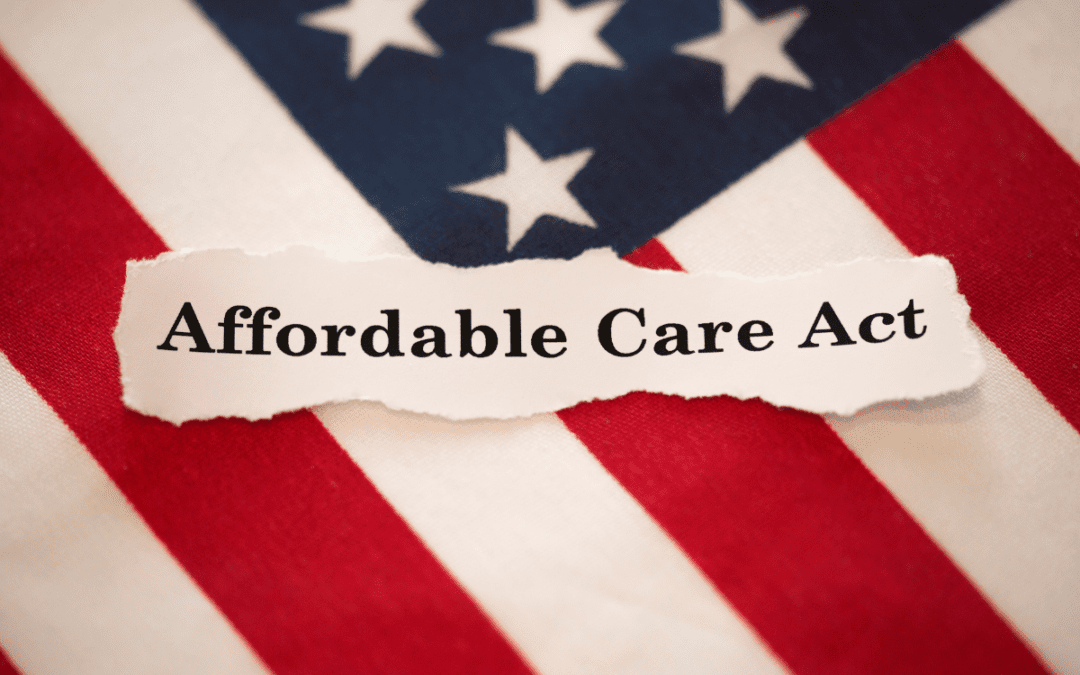
Opinion: Many reasons why young adults should refuse to let Republicans kill the Affordable Care Act
In this op-ed, University of Wisconsin Medical School student, Samantha Crowley, shares the importance of young adults protecting the Affordable...

He said what? 10 things to know about RFK Jr.
The Kennedy family has long been considered “Democratic royalty.” But Robert F. Kennedy, Jr.—son of Robert F. Kennedy, who was assassinated while...
Local News

Stop and smell these native Wisconsin flowers this Earth Day
Spring has sprung — and here in Wisconsin, the signs are everywhere! From warmer weather and longer days to birds returning to your backyard trees....

Your guide to the 2024 Blue Ox Music Festival in Eau Claire
Eau Claire and art go hand in hand. The city is home to a multitude of sculptures, murals, and music events — including several annual showcases,...


